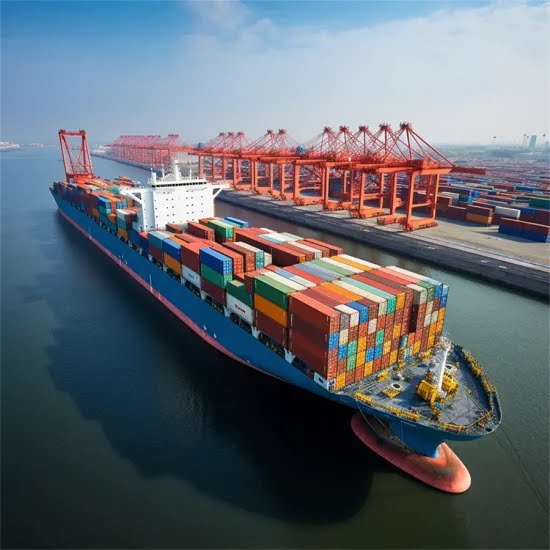
LoaWhCL Shipping?
Less than Container Load (LCL) shipping is a sea freight method where multiple shipments from different shippers are consolidated into one container. This is an ideal solution for businesses that do not have enough cargo to fill an entire container (FCL). LCL shipping helps reduce costs while providing flexibility for international trade.
LCL Shipping Process
- Booking the Shipment
Shippers provide cargo details such as product name, packaging type, volume, weight, and destination. The freight forwarder arranges the LCL consolidation plan and books space accordingly. - Cargo Consolidation at Warehouse
The cargo is transported to a designated consolidation warehouse, where it is grouped with other shipments heading to the same destination. - Customs Clearance and Documentation
The freight forwarder assists with export customs clearance to ensure compliance with international regulations. - Container Loading and Ocean Transit
Once all shipments for a specific destination are consolidated, the container is loaded onto a vessel for sea transportation. - Destination Customs Clearance and Deconsolidation
Upon arrival at the destination port, the cargo undergoes customs clearance, is unpacked from the container, and is made available for pickup or delivery.
Cost Structure of LCL Shipping
LCL shipping costs typically include the following:
Freight Charges – Based on cargo volume, weight, and shipping route.
Warehouse & Handling Fees – Charges for storing and handling cargo at the consolidation warehouse.
Customs & Documentation Fees – Costs for export clearance, bill of lading, and other paperwork.
Destination Charges – Fees for deconsolidation, customs clearance, and port handling at the destination.
Additional Fees – Fuel surcharges (BAF), peak season surcharges (PSS), and other potential charges.
How to Choose a Reliable LCL Freight Forwarder?
- Industry Experience and Reputation
Select a freight forwarder with proven expertise in LCL shipping and positive customer reviews. - Extensive Shipping Network
A reliable provider should have strong partnerships with multiple carriers to offer flexible shipping routes. - Transparent Pricing
Look for clear and upfront pricing to avoid hidden fees and unexpected charges. - Customer Support and Tracking Services
Choose a freight forwarder that provides shipment tracking and responsive customer support to handle any logistics issues efficiently.
LCL shipping is a cost-effective solution for businesses looking to optimize international shipping without the need for a full container. By working with a professional freight forwarder, you can ensure smooth and efficient cargo transportation.
